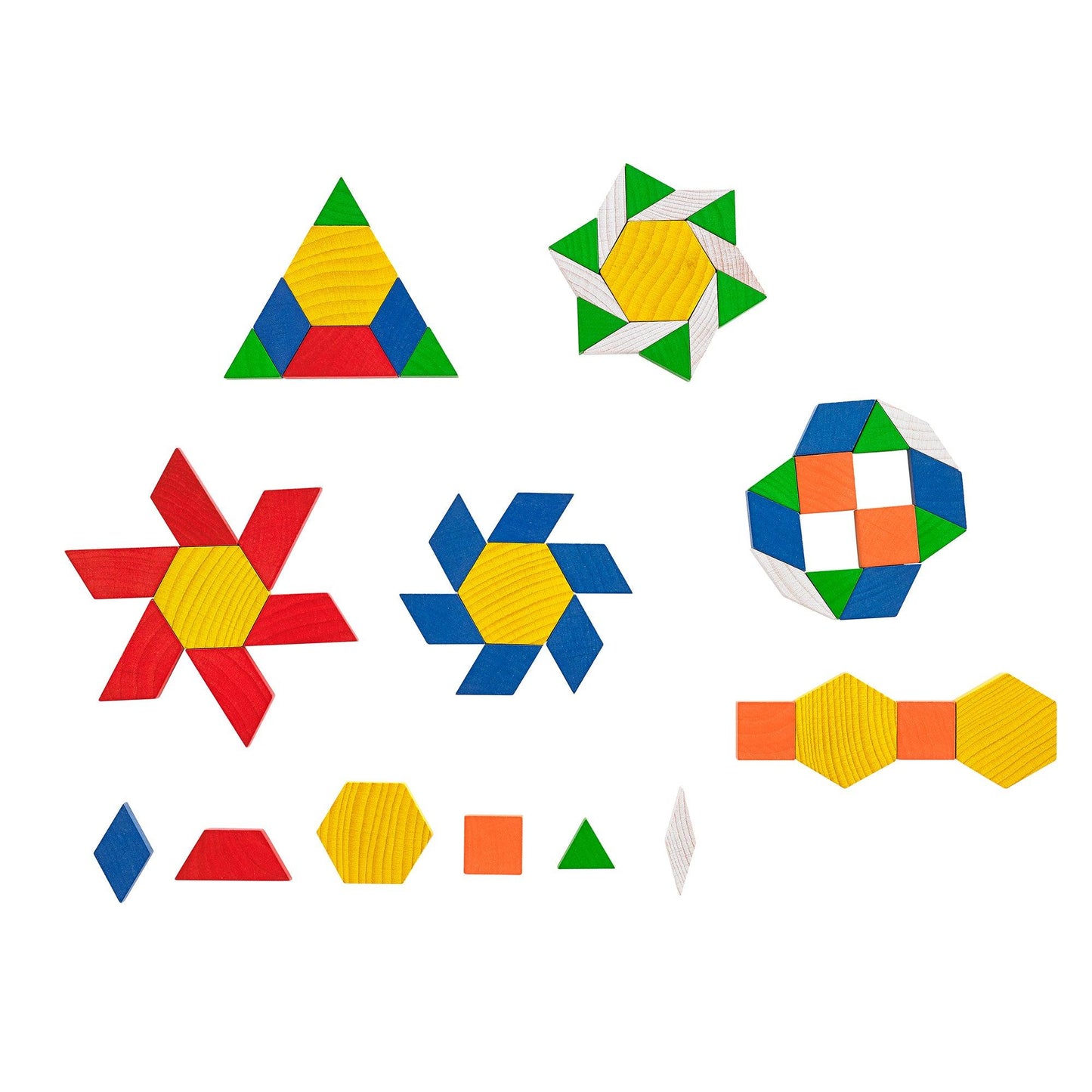
Mathematics can sometimes feel intimidating to both children and parents, but it doesn’t need to be. When maths is introduced through play, children develop confidence, curiosity, and a sense of joy in problem-solving. At Edx Education, we believe play-based learning is one of the most powerful tools to build mathematical fluency and spark a love for STEAM (Science, Technology, Engineering, Arts, and Mathematics) from the earliest years.
Using simple resources like Linking Cubes, Pattern Blocks, and Math Cubes, caregivers and teachers can transform everyday learning into creative adventures. These hands-on materials make abstract concepts tangible whether it’s counting, sorting, measuring, or exploring patterns. And the best part? You don’t need a specialised classroom to make it happen your living room floor or kitchen table works just as well.
Why Play-Based Maths Matters
Play provides a safe, engaging way for children to explore mathematical ideas at their own pace. Through games, challenges, and open-ended activities, children practice:
- Counting and number recognition.
- Shape, pattern, and spatial awareness.
- Problem-solving and logical thinking.
- Fine motor and hand–eye coordination.
These skills form the foundation not only for maths but also for wider STEAM learning. When we give children playful opportunities to “test, fail, and try again,” they develop persistence, creativity, and confidence in their abilities.
5 Fun STEAM Activities with Basic Materials
Here are five practical ways to use Edx Education toys at home or in the classroom:
- Tower Engineering (Linking Cubes)
Challenge children to build the tallest tower possible with Linking Cubes. Then ask: How many cubes did it take? What happens if we change the base? This blends maths with engineering and problem-solving.
- Pattern Block Mosaics (Pattern Blocks)
Encourage children to create repeating patterns or symmetrical designs with Pattern Blocks. Explore questions like: How many triangles make a hexagon? This builds both artistic creativity and an understanding of geometry.
- Fraction Pizza (Math Cubes)
Use Math Cubes to represent fractions of a whole half, quarter, third. Children can physically break down numbers and see how parts make a whole, an important skill for later maths fluency.
- Bridge Challenge (Linking Cubes + Household Items)
Combine Linking Cubes with everyday items (paper, tape, cardboard) to design and test bridges. Children experiment with weight, strength, and balance key engineering principles.
- Sorting and Graphing (Pattern Blocks or Math Cubes)
Ask children to sort blocks by colour or shape, then create a bar graph on paper. This introduces early data handling and mathematical reasoning.
5Creative Activities for Building Math Fluency
- Math Stories
Use cubes or blocks as “characters” in a story. For example: “Three blue cubes went on an adventure and met two red cubes. How many friends are there now?” A playful way to practice addition and subtraction.
- Dice Roll Race
Pair Pattern Blocks or cubes with dice. Roll the dice, collect that number of cubes, and see who can reach 20 first. A fast-paced game for number fluency.
- Shape Hunt Encourage children to use Pattern Blocks to identify shapes in the environment “Look, the window is a rectangle!” This links abstract maths with the real world.
- Build a Number Line
Create a number line on the floor with Math Cubes. Children can physically hop along the line for addition, subtraction, or skip-counting.
- Creative Art Collage
Combine maths and art by creating colourful mosaics with Pattern Blocks or Linking Cubes. Talk about the shapes, symmetry, and numbers involved.
Bringing It All Together
STEAM doesn’t have to be complicated. With just a few versatile resources Linking Cubes, Pattern Blocks, and Math Cubes children can explore maths in fun, creative, and meaningful ways. These activities encourage children to develop fluency while nurturing creativity, resilience, and a lifelong love of learning.
At Edx Education, our goal is to empower parents, caregivers, and teachers to embrace play-based learning. Explore our range of toys, free downloadable resources, and the Play, Learn & Create with Edx Education podcast for more inspiration on making maths meaningful and fun.
By Heather Welch, Author of Happy Children Play and General Manager, Edx Education UK

